PNAS
-

Study takes 3-D perspective on colorectal cancer
Despite dramatic recent advances in treatment, colorectal cancer killed more than 49,000 Americans last year, according to the National Cancer Institute, making it the second most lethal malignancy after cancers of the lung and bronchus. Read MoreMar 23, 2017
-

Targeting norovirus “noxiousness”
New discoveries will guide efforts to develop vaccines or antiviral agents for norovirus, the most common cause of infectious diarrhea. Read MoreSep 28, 2016
-

Team explores transcription factor’s autoimmunity role
Increasing expression of a transcription factor called KLF2 can promote immunological self-tolerance and “tune down” autoimmunity, researchers at Vanderbilt University Medical Center reported recently. Read MoreAug 11, 2016
-

New pain medicine from a fungus?
Collybolide – a natural product isolated from a mushroom – is a promising candidate for the development of non-addictive pain medicines. Read MoreMay 13, 2016
-

Fat hormone’s role in zebrafish
The hormone leptin regulates glucose balance, but not fat stores, in zebrafish. Read MoreMar 8, 2016
-

Slight chemical change may improve TB treatments: study
One small chemical change to an existing antibacterial drug results in a compound that is more effective against its target enzyme in tuberculosis, Vanderbilt researchers have discovered. Read MoreFeb 11, 2016
-
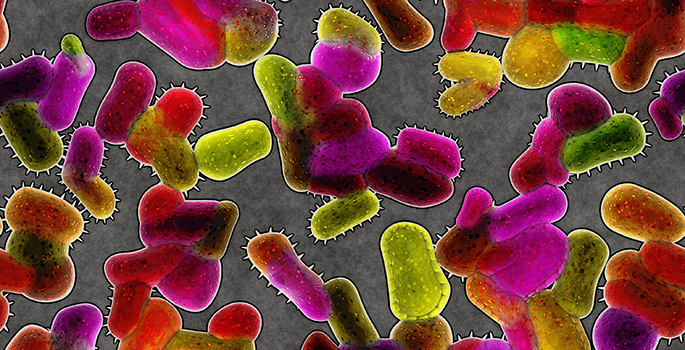
Dynamics of a drug resistance transporter
Vanderbilt investigators are exploring the shape changes in a multidrug transporter to understand the mechanisms of antibacterial resistance. Read MoreFeb 5, 2016
-
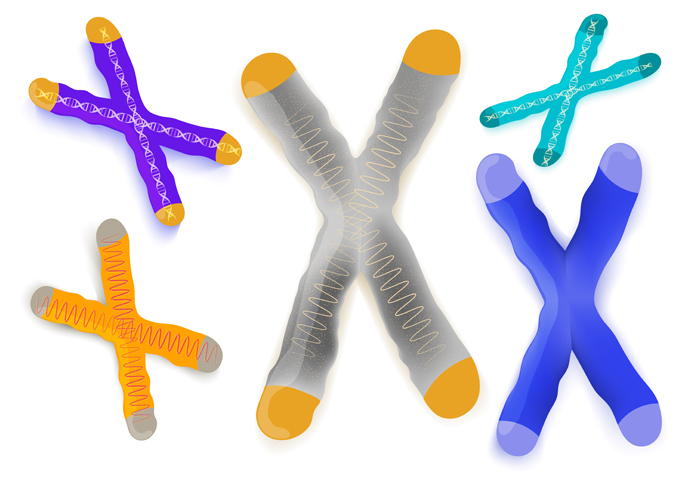
Copying chromosome caps
Telomeres – the caps on the end of chromosomes – are a source of stress for a particular protein involved in copying DNA, a new study reports. Read MoreJan 8, 2016
-

Compound developed at VUMC may delay Huntington’s disease
A compound developed by researchers at Vanderbilt University can improve early symptoms and delay progression of Huntington’s disease in a mouse model of the neurodegenerative disorder. Read MoreOct 29, 2015
-

The yin and yang of COX-2
New findings add to the understanding of how the enzyme COX-2 works, which is critical to the development of COX-2-targeted anti-inflammatory drugs. Read MoreOct 2, 2015
-

Bridging the antibiotic gap
Vanderbilt researchers have discovered how certain molecules with antibiotic properties are synthesized, findings that could lead to new drugs that overcome the increased antibiotic resistance in bacteria. Read MoreAug 7, 2015
-
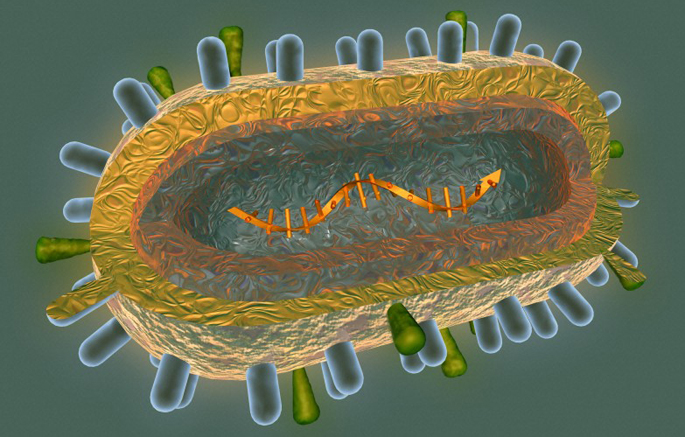
How to trick a wily virus
Vanderbilt investigators have discovered how human antibodies induced during testing of an experimental “bird flu” vaccine kill the virus. Read MoreJul 24, 2015
-

Study identifies C. diff toxin receptor, suggests new treatment approaches
Vanderbilt University investigators have identified a cellular receptor for a toxin from Clostridium difficile (“C. diff”) — the leading cause of hospital-acquired diarrhea in the United States. Read MoreJun 4, 2015
-

Study reveals biomarker of post-injury spinal cord function
Vanderbilt University researchers have demonstrated, for the first time in a primate model, that injury disrupts neural signaling in the spinal cord and that these changes can be measured non-invasively with functional magnetic resonance imaging (fMRI). Read MoreApr 23, 2015
-

Study explores driver behind lung cancer tumor progression
Vanderbilt-Ingram Cancer Center investigators have identified the mechanisms used by a gene and its binding protein to drive tumor growth in several forms of cancer, including non-small cell lung cancer. Read MoreApr 2, 2015
-
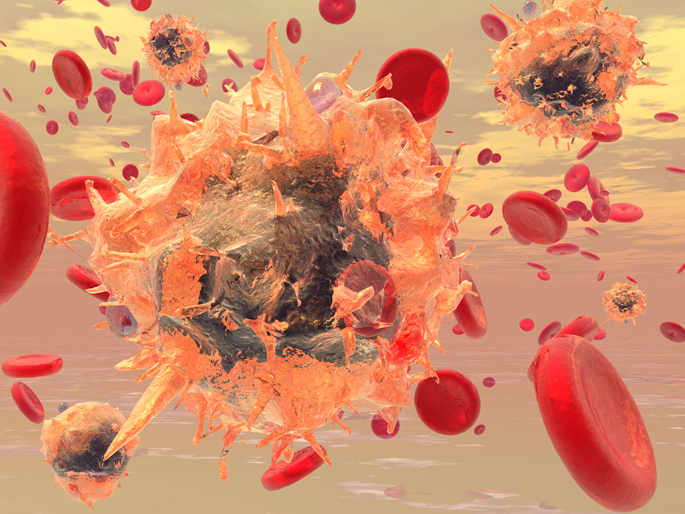
Immune response depends on force
New studies explain how T-cell receptors use force to recognize and protect us against pathogens. Read MoreJan 26, 2015
-
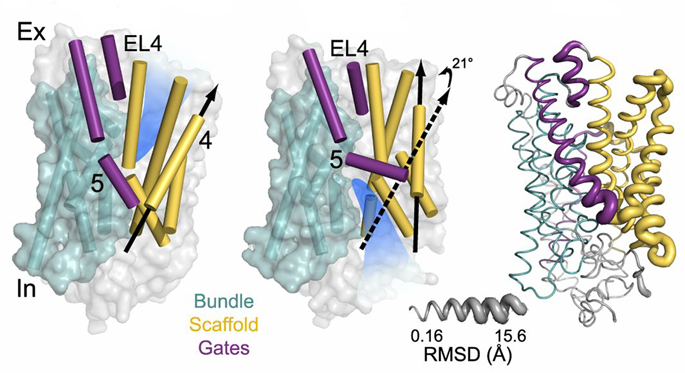
New view of transporter dynamics
New insights to the workings of a protein that moves neurotransmitters across the nerve cell membrane could aid the design of more effective antidepressants. Read MoreOct 23, 2014
-

Lymphocyte study reveals obesity clues
Vanderbilt University researchers are closer to understanding the link between obesity, chronic inflammation and type 2 diabetes. Read MoreOct 16, 2014
-

Team spots key regulator for cholesterol production
A Vanderbilt University-led research team has discovered a “master regulator” for cholesterol production and transport in the liver — a tiny piece of RNA called microRNA-223. Read MoreOct 2, 2014
-
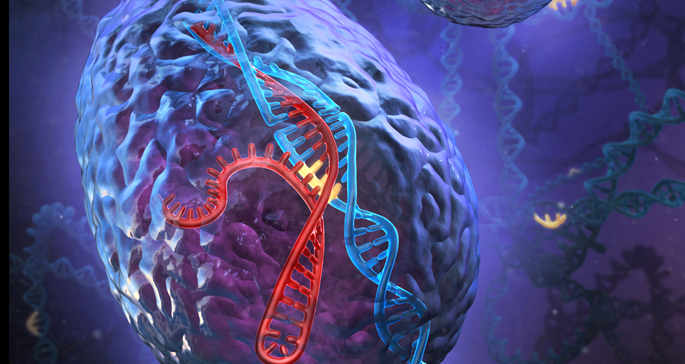
New technique accelerates genome editing process
It sounds like a potato chip. But CRISPR is actually the acronym for a new genome editing technique that, by many accounts, is accelerating the study of genes and disease. Read MoreAug 21, 2014